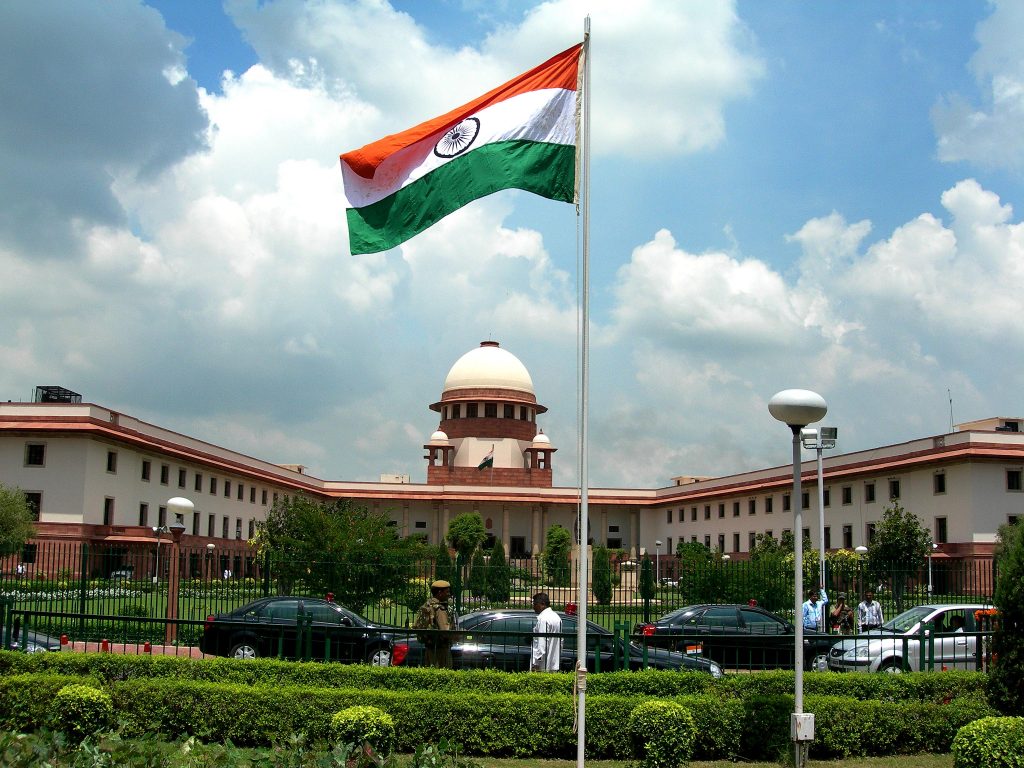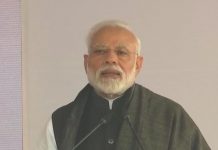
There is a famous saying that “Caesar’s wife must be above suspicion”, meaning thereby that if one is involved with a famous or prominent figure or institution, one must avoid attracting negative attention or scrutiny. Caesar divorced his wife Pompeia, saying that “my wife ought not even to be under suspicion”.
The recent Supreme Court observations pulling up the Centre for back-to-back extensions granted to Enforcement Directorate chief in 2021 and 2022 mentioning that both these illegal and invalid points point to a needle of suspicion. The Court has asked the Director of Enforcement, S.K. Mishra to step down on July 31.
The Supreme Court had directed the government in 2021, to not to grant any extension to the incumbent beyond November that year. Again in May this year the court had rapped the government for granting a third extension to the ED Chief. The Court has observed, ‘Is there no other person in the organisation who can do his job? Can one person be so indispensable?’ The Supreme Court Bench has made it clear that ‘it is not at the sweet will of the government that the extensions can be granted to the incumbents…’ It can be done only on the basis of the recommendations of the appointment committee concerned.
The top Court had issued a mandamus that no further extension shall be granted to the ED chief. However, the Centre retained Mishra claiming that the extension was necessitated by administrative reasons and was vital for India’s evaluation by the Financial Action Task Force (FATF).
The heads of the CBI and ED have an assured term of two years regardless of superannuation. The present ED chief was first appointed as a director for two years on November 19, 2018. Later, by an order dated November 13, 2020, the central government modified the appointment letter retrospectively and his two-year term was changed to three years. The Government promulgated an ordinance last year and later passed law, under which the tenure of the ED and CBI chiefs could be extended by up to three years after the mandated term of two years.
The credibility of the premier probe agency has repeatedly been dented with opposition parties often accusing the Centre of misusing the ED — the agency that investigates cases of money laundering and violation of foreign exchange laws and has ‘unfettered’ powers — to settle political scores.
The row over the appointment or extension of officers has only made matters worse. The onus is now on the Centre to implement the laws and rules in earnest so as to ensure efficient and controversy-free functioning of both agencies. The impression should not go that the ED is randomly picking people and investigating. The observations by the top Court certainly put an onus on the government and the probe agency Enforcement Directorate to establish that its credentials are above board.












